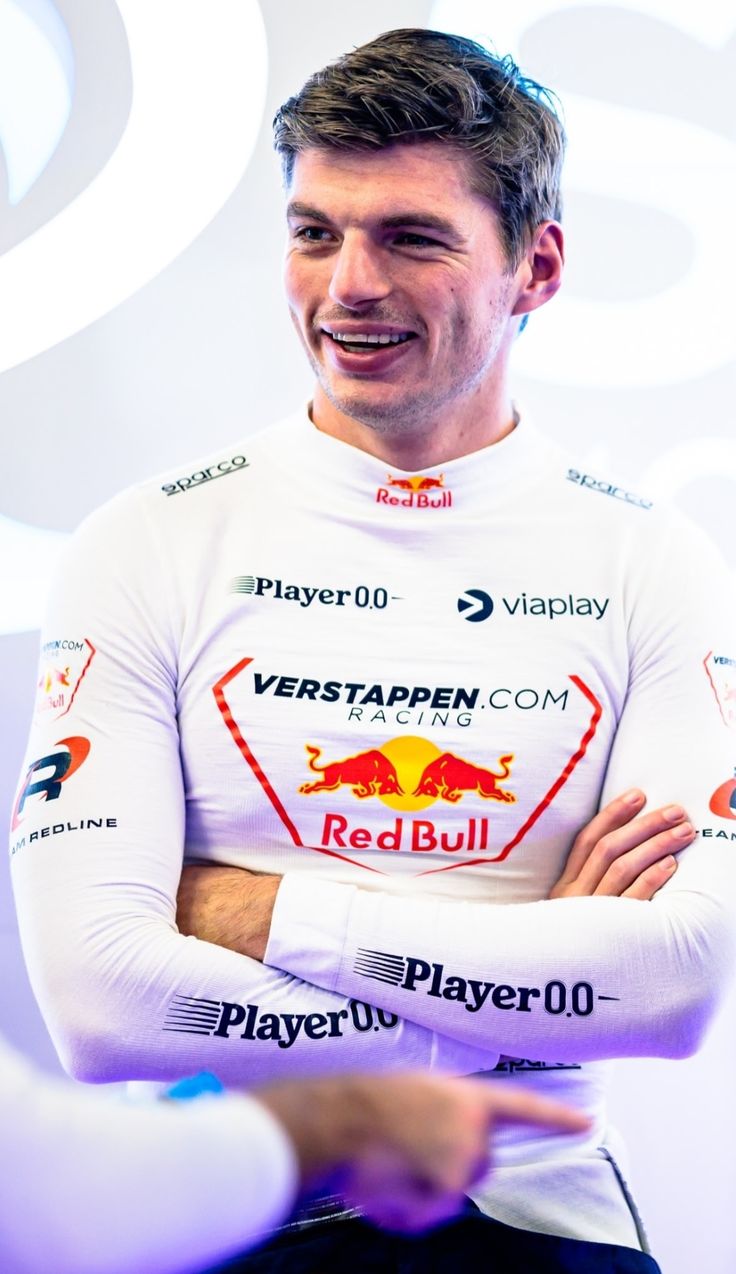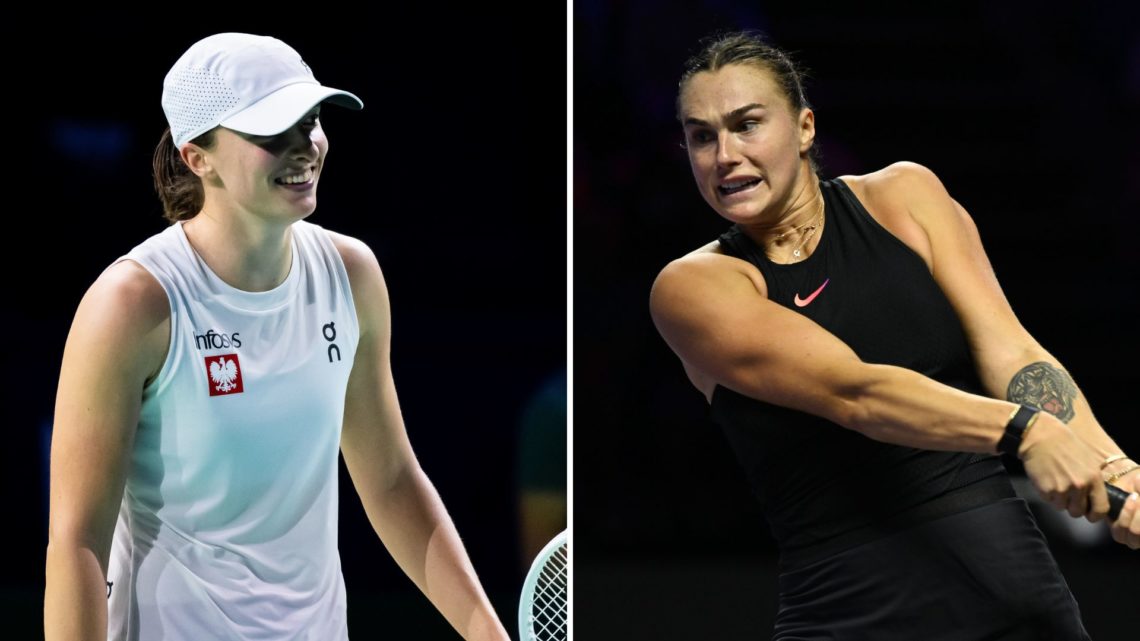Introduction: The Moment the Illusion Crumbled

For years, Formula 1 has thrived on the illusion of tight competition—a world where the tiniest margins separate champions from challengers. Fans believed every race weekend brought fresh drama and real suspense. But in 2025, Max Verstappen has shattered that illusion. His relentless pace, clinical consistency, and unwavering dominance have turned what once felt like a competitive sport into a showcase of sheer superiority.
Verstappen isn’t just winning—he’s redefining the very concept of dominance in Formula 1. His success is no longer just about talent. It’s about psychological warfare, data precision, and total control.
In this blog post, we’ll uncover 7 shocking truths that reveal how Max Verstappen broke the competitive illusion of Formula 1. You’ll discover the facts, stats, strategies, and controversies fueling this seismic shift—and what it means for the sport’s future.
1. Dominance by the Numbers: Why Verstappen’s Wins Aren’t Just Luck
Let’s talk numbers. As of the mid-2025 season, Max Verstappen has won 11 out of 13 races, secured 10 pole positions, and finished off the podium only once due to a rare mechanical issue. His average winning margin? Over 16 seconds—a staggering figure in an era where milliseconds matter.
Here are a few jaw-dropping stats:
- Fastest Laps: 9 out of 13 races
- Lead Laps Percentage: 78%
- Average Qualifying Gap to Teammate (Sergio Pérez): 0.582 seconds
These are not just wins—they’re obliterations. Such dominance shatters the illusion of parity that F1 has marketed for decades.
2. The Red Bull Machine: More Than Just a Car
Verstappen’s success isn’t just about his driving—it’s about the entire Red Bull ecosystem. Under Adrian Newey’s aerodynamic genius, the RB20 has evolved into a precision weapon.
But beyond the car, it’s the team’s ability to:
- Predict race outcomes using real-time AI telemetry
- Execute pit stops in under 2 seconds
- Read weather shifts with unmatched accuracy
This synergy between man and machine is what elevates Verstappen above his rivals. When strategy, technology, and talent align so perfectly, the illusion of unpredictability dies.
3. Psychological Warfare: How Max Breaks Rivals Before Lap One
Verstappen isn’t just fast—he’s intimidating. His assertive racing style, especially at race starts, often causes competitors to yield rather than risk contact. His track record proves this:
- Overtakes in Turn 1 (first-lap gains): Minimal, because he’s usually already in P1.
- First corner collisions: 0 in 2025.
Drivers have openly admitted to being “more cautious” when battling Max. His reputation precedes him, giving him a mental edge before the lights go out. When fear replaces competition, the illusion of close racing collapses.
4. The Pérez Problem: Exposing the Lack of True Team Rivalry
A key part of the F1 narrative is the internal team rivalry. But that simply doesn’t exist at Red Bull.
Sergio Pérez’s average finishing position in 2025? P6.3
Average qualifying gap to Verstappen? 0.582 seconds
This lack of intra-team competition removes the only realistic source of challenge to Max. While Ferrari, Mercedes, and McLaren rotate through internal conflicts and strategy errors, Red Bull’s pecking order is absolute.
In a sport that thrives on rivalries—Prost vs. Senna, Hamilton vs. Rosberg—the absence of one inside Red Bull only magnifies Verstappen’s untouchability.
5. The FIA’s Role: Is the Sport Protecting or Failing to Adapt?
Fans and analysts alike are asking: Has the FIA failed to level the playing field?
Despite regulation changes intended to close gaps between teams (e.g., 2022’s ground effect reintroduction), Verstappen’s Red Bull continues to stretch its advantage. Critics argue that:
- Wind tunnel time reductions for successful teams have proven ineffective.
- Technical directives come too late or are poorly enforced.
- Mid-season regulation changes often backfire, harming smaller teams more.
This regulatory stagnation has contributed to Verstappen’s dominance by failing to curtail Red Bull’s innovation curve.
6. Fans Divided: Is Dominance Good or Bad for F1?
A significant portion of the F1 fanbase is growing restless. Social media polls and forums show:
- 61% of fans say races have become “predictable.”
- 42% admit to “skipping races” because they expect Verstappen to win.
- Online searches for “F1 boring” spiked by 18% in Q2 of 2025.
Yet others admire the artistry of his performance. They see Verstappen as a generational talent akin to Schumacher or Senna—a driver in his prime, executing perfection.
This split reflects a deeper identity crisis within the sport: Should F1 prioritize spectacle or celebrate excellence?
7. What Comes Next: Can Anyone Break the Illusion Again?
The illusion that Formula 1 is competitive can only be rebuilt if challengers step up. Here are potential disruptors to watch:
Mercedes & Lewis Hamilton’s Final Charge
Hamilton’s farewell season is powered by renewed focus and aerodynamic upgrades. While still trailing, Mercedes’ race pace is slowly converging.
Ferrari’s Strategy Revolution
With new leadership under Frédéric Vasseur, Ferrari has slashed pit errors and improved race-day decision-making. Charles Leclerc remains their wildcard.
McLaren’s Youth Movement
Lando Norris and Oscar Piastri represent the new guard. If given a car to match their skill, they could ignite the competition F1 desperately needs.
However, unless these teams accelerate rapidly, Verstappen may have already rewritten the script for the next 3–5 years.
FAQs About Max Verstappen’s 2025 Dominance
Q1: Is Verstappen’s success due to car superiority or personal talent?
A: Both. While the Red Bull RB20 is a technological marvel, Verstappen’s mental strength, consistency, and decision-making elevate him above even top-tier teammates and rivals.
Q2: Can FIA intervention stop Verstappen’s dominance?
A: Regulation changes might slow Red Bull down, but real competition requires other teams to catch up technically and strategically.
Q3: How does Verstappen compare to legends like Schumacher or Hamilton?
A: Statistically, Verstappen is closing in. If his current form continues, he may surpass Hamilton’s win percentage and Schumacher’s peak dominance within two seasons.
Q4: Will fans lose interest in Formula 1 if Verstappen continues to dominate?
A: Possibly. Viewer engagement is closely tied to unpredictability. While hardcore fans may stay loyal, casual viewers often drift when outcomes feel predetermined.
Q5: What needs to change for F1 to become competitive again?
A: More than technical tweaks, F1 needs:
- Equal development opportunities
- Real budget cap enforcement
- New talents rising in mid-tier teams
Conclusion: A Wake-Up Call for Formula 1
Max Verstappen has done what few champions ever manage: He’s exposed the gaps in the system while dominating it. His performance has rewritten what we expect from an F1 driver—but it’s also laid bare the structural weaknesses of the sport.
As fans, analysts, and teams grapple with this reality, one truth remains:
Max Verstappen didn’t just break the illusion of competition—he rewrote the formula for modern dominance.
Whether this era becomes a golden chapter or a cautionary tale depends on how the sport responds. For now, Verstappen isn’t just winning—he’s forcing the world of Formula 1 to rethink everything.


